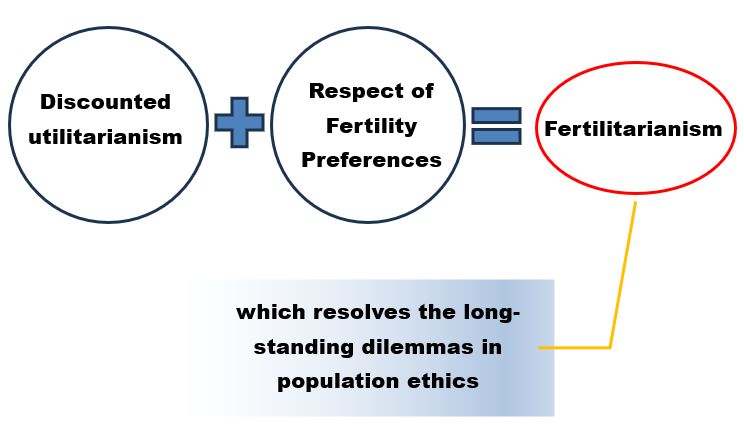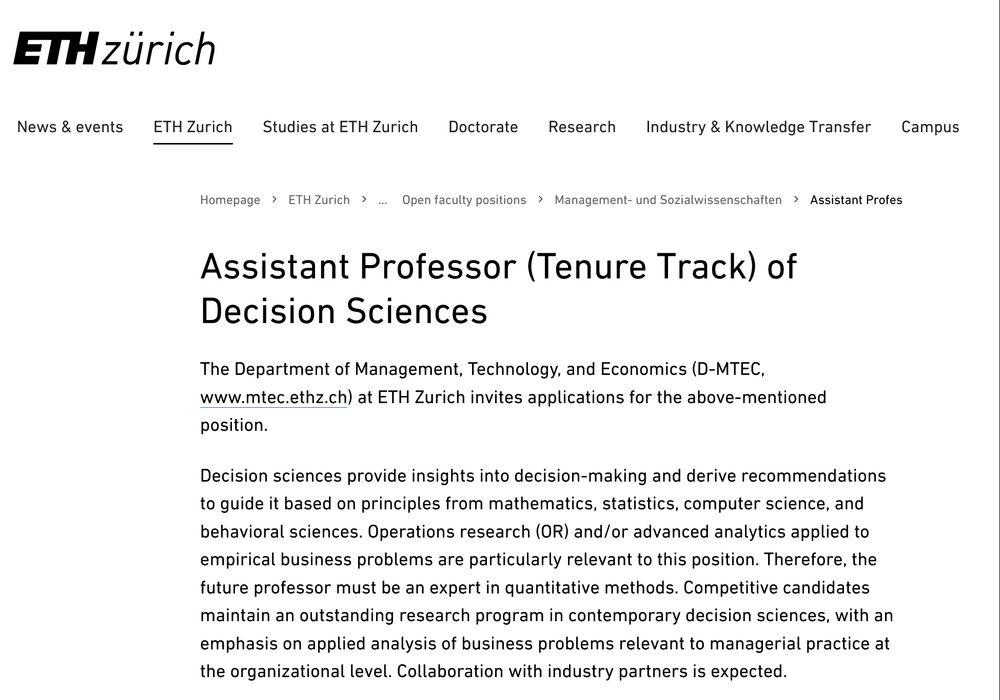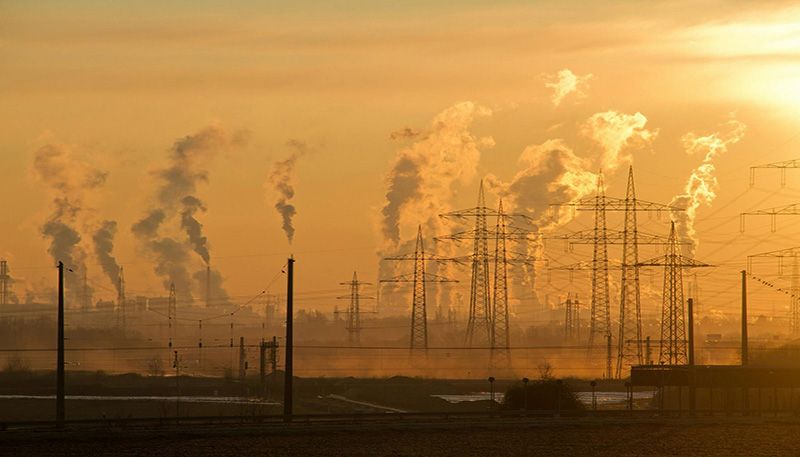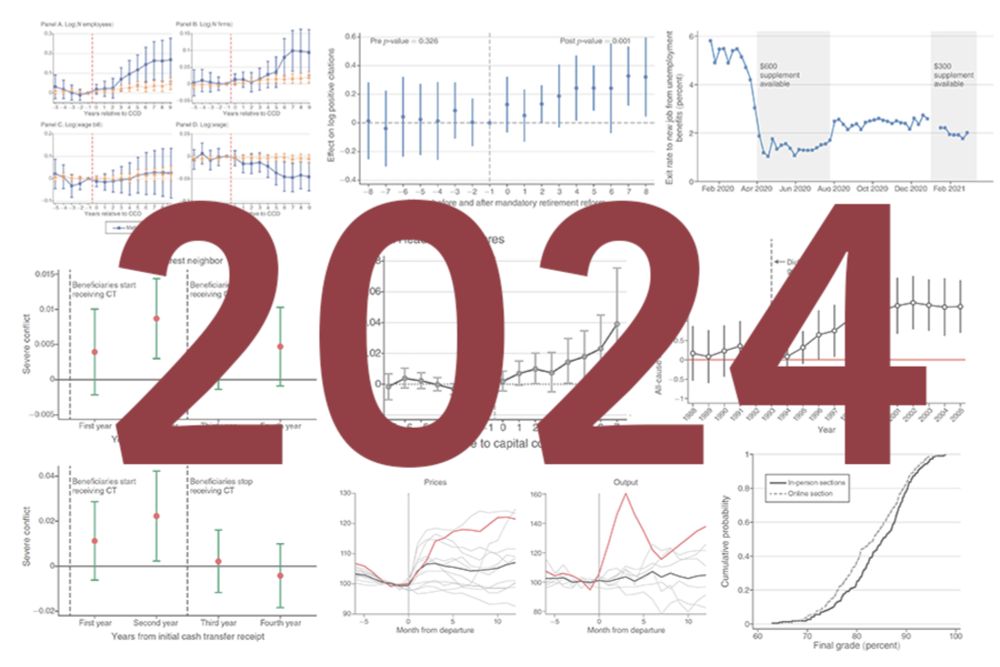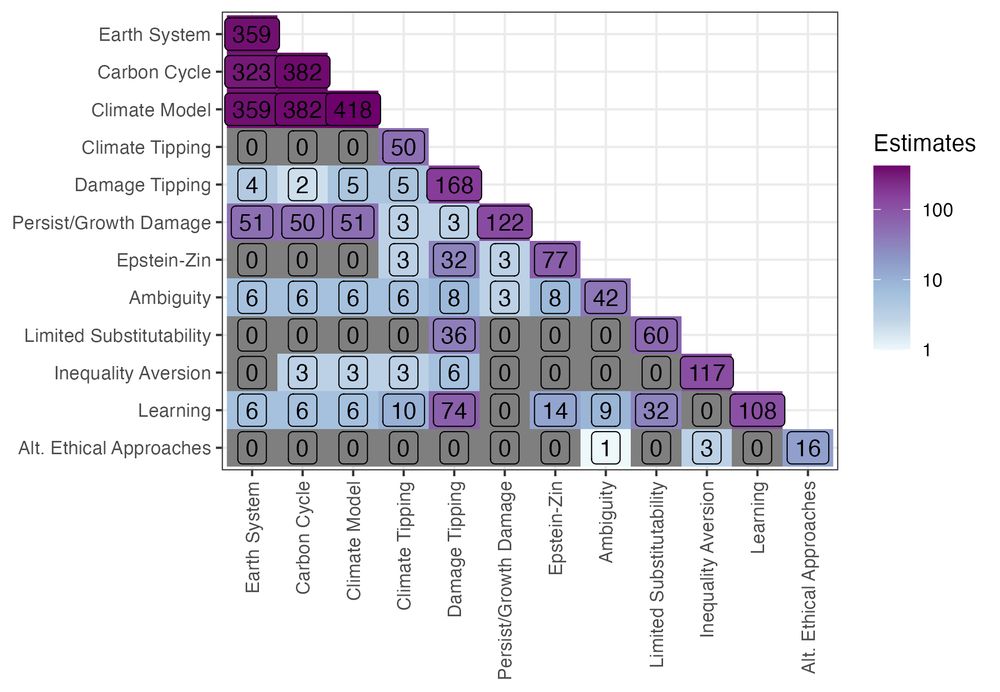Moritz Drupp
@moritzdrupp.bsky.social
1.5K followers
790 following
39 posts
Professor for Sustainability Economics at University of Hamburg, soon —> ETH Zürich. #climate #biodiversity #pollution #health #inequality
https://sites.google.com/a/fulbrightmail.org/moritzdrupp
Posts
Media
Videos
Starter Packs
Reposted by Moritz Drupp
Moritz Drupp
@moritzdrupp.bsky.social
· Sep 3
Reposted by Moritz Drupp
Moritz Drupp
@moritzdrupp.bsky.social
· Sep 1
Moritz Drupp
@moritzdrupp.bsky.social
· Sep 1
Moritz Drupp
@moritzdrupp.bsky.social
· Sep 1
Moritz Drupp
@moritzdrupp.bsky.social
· Sep 1
Moritz Drupp
@moritzdrupp.bsky.social
· Sep 1
Moritz Drupp
@moritzdrupp.bsky.social
· Sep 1
Reposted by Moritz Drupp
Reposted by Moritz Drupp
Reposted by Moritz Drupp
Moritz Drupp
@moritzdrupp.bsky.social
· Mar 15
Moritz Drupp
@moritzdrupp.bsky.social
· Mar 5
Moritz Drupp
@moritzdrupp.bsky.social
· Mar 4
Moritz Drupp
@moritzdrupp.bsky.social
· Feb 25
Reposted by Moritz Drupp
Frikk Nesje
@frikknesje.bsky.social
· Jan 23
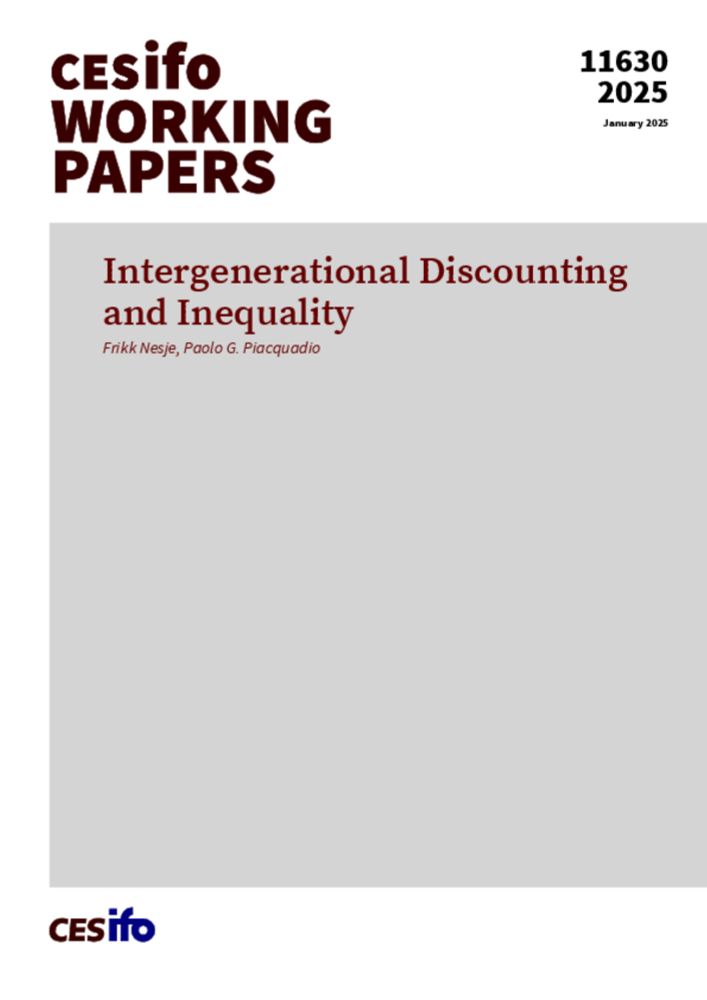
Intergenerational Discounting and Inequality
We study all theories of justice that disentangle ethical views on intergenerational discounting and intergenerational inequality. Each “modular” social welfare function is uniquely identified by a ti...
www.cesifo.org
Moritz Drupp
@moritzdrupp.bsky.social
· Jan 15
Moritz Drupp
@moritzdrupp.bsky.social
· Dec 18
Moritz Drupp
@moritzdrupp.bsky.social
· Dec 17
ClimateFran
@climatefran.bsky.social
· Dec 17
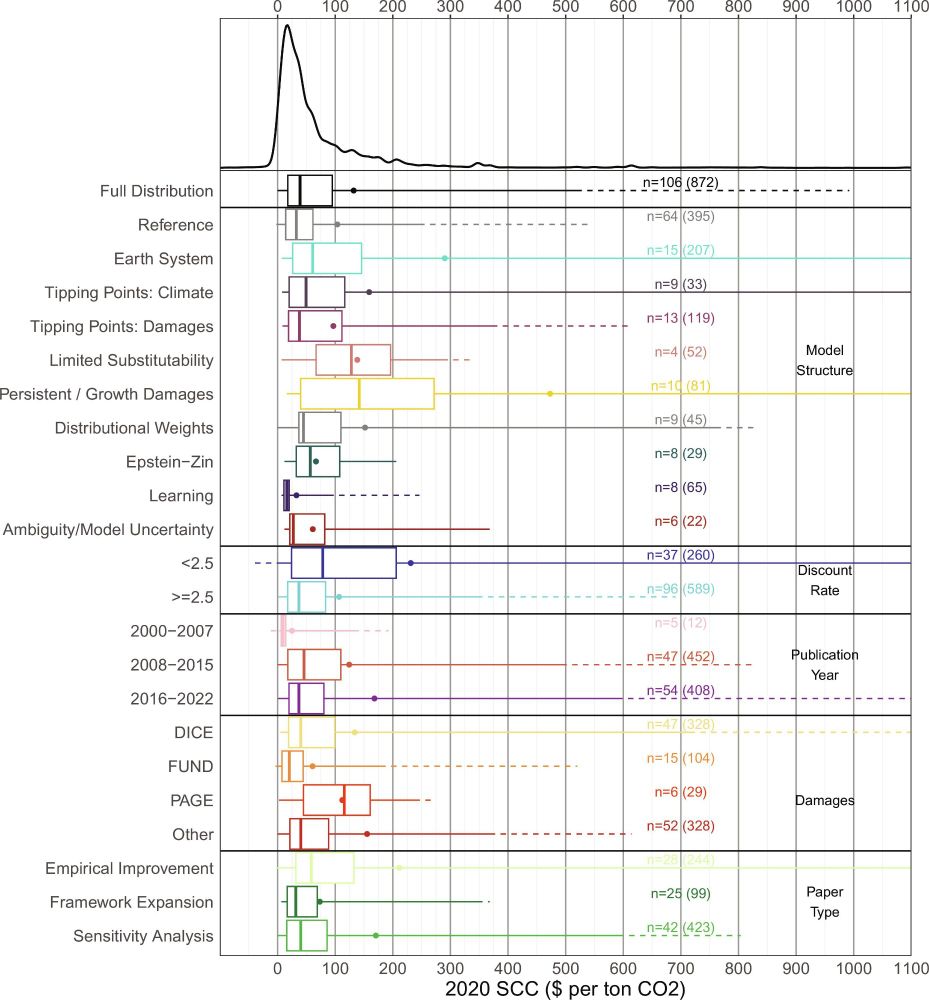
Synthesis of evidence yields high social cost of carbon due to structural model variation and uncertainties | PNAS
Estimating the cost to society from a ton of CO2—termed the social cost of carbon
(SCC)—requires connecting a model of the climate system with a re...
www.pnas.org
Moritz Drupp
@moritzdrupp.bsky.social
· Dec 16
Moritz Drupp
@moritzdrupp.bsky.social
· Dec 12


